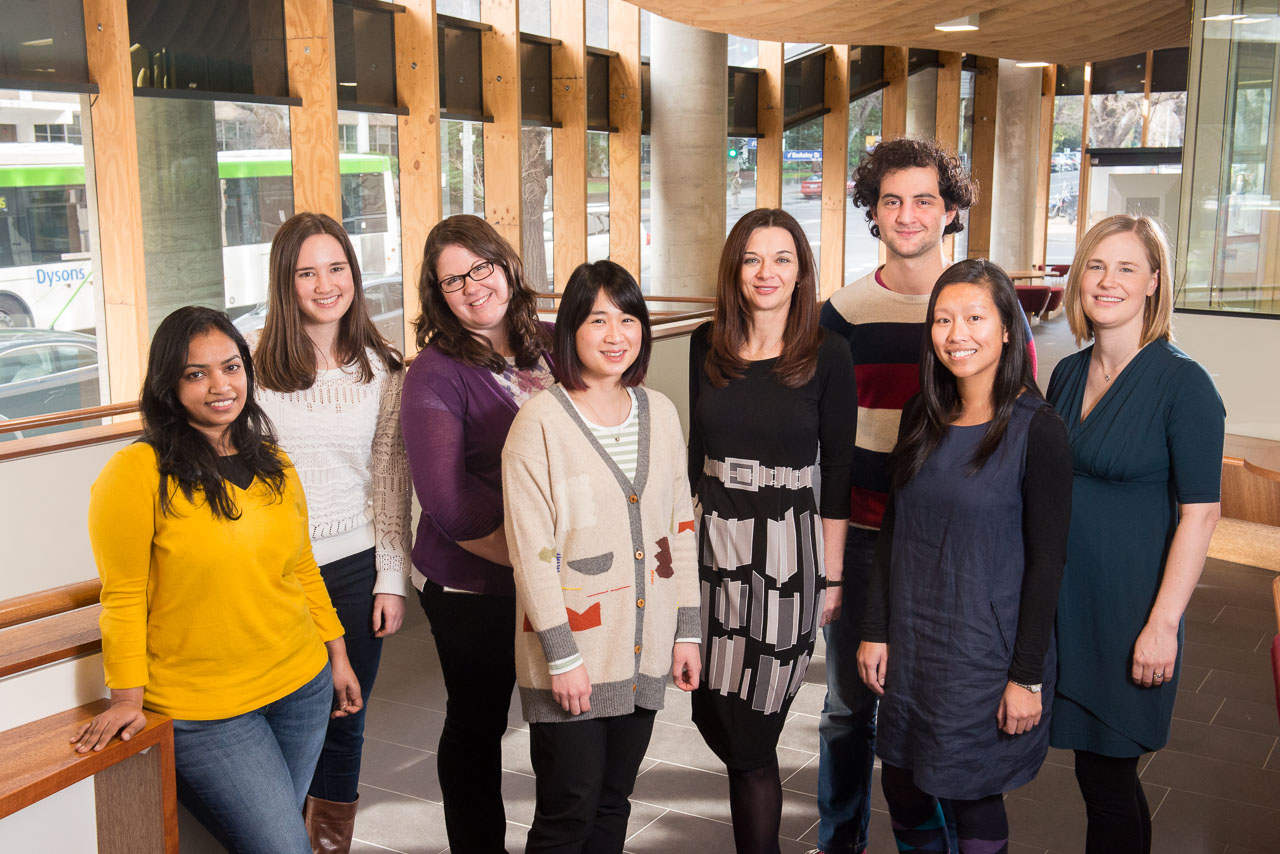-
To define ‘universal’ influenza-specific CD8+ T-cell responses across different HLAs
Although CD8+ T-cells confer universal immunity to distinct influenza viruses and may limit influenza-induced mortality, the overall efficacy of human influenza A virus-specific CD8+ T cells directed at any conserved and/or variable epitopes remains unclear. Here, Katherine’s group aims to (i) understand influenza-specific CD8+ T-cell immunity across different HLAs; (ii) determine the efficacy of immunodominant CD8+ T-cell responses in humans; (iii) evaluate the conservation of immunogenic epitopes in birds, pigs and humans through analysis of viral evolutionary history (with Associate Professor Vijaykrishna from Duke-NUS in Singapore); (iv) understand immunity to clinically important but understudied influenza B viruses.
-
To identify correlates of severe and fatal influenza disease in high-risk groups
Enhanced susceptibility to influenza and exacerbated disease severity can reflect over-activation of the innate immune system, impaired humoral and cellular immunity and be influenced by host genetic factors (HLA or IFITM3). Understanding the key deficits that lead to severe disease in high-risk groups will provide insight into how immune interventions might minimise the incidence of severe influenza pneumonia. Katherine’s group studies the contributions of virological, immunological, clinical and host factors to susceptibility, clinical severity and outcome for different high-risk groups: (i) young children and the elderly (with Dr Crowe from Deepdene Surgery); (ii) Indigenous Australians (with Associate Professor Tong from Menzies in Darwin and Professor Miller from Griffith University in New South Wales), (iii) high-risk groups hospitalised through FluCAN (with Associate Professors Cheng and Kotsimbos) and Shanghai Public Clinical Hospital at Fudan University in China (with Professor Xu).
-
To unravel mechanisms underlying the early generation of human CTL memory
Though immunological memory is of pivotal importance for vaccine development and immunotherapy, the molecular and differentiation pathways central to the generation of (particularly) human CD8+ T-cell memory are poorly understood. Here, Katherine’s group aims to (i) establish the key factors driving the early establishment of influenza-specific T cell memory; (ii) To define molecular processes involved in CD27-mediated co-stimulation of human T cells. As memory is crucial for protection against recurrent infections, this work will provide novel insights into the generation and efficacy of human T cell memory populations and inform effective CD27-mediated stimulation for immunotherapy.

Professor Katherine Kedzierska
(03) 8344 7962 | kkedz@unimelb.edu.au
- Position:
- Laboratory Head
- Theme(s):
- Immunology, Influenza
- Discipline(s):
- Indigenous Health
- Unit(s):
- Department of Microbiology and Immunology (DMI)
- Lab Group(s):
- Kedzierska Group
Professor Katherine Kedzierska is the Head of the Human T cell Laboratory in the Department of Microbiology and Immunology and an NHMRC Senior Research Fellow Level B. Her principal area of expertise is viral immunology. She received her PhD from Monash University in 2002. Her PhD, performed at the Burnet Institute with Professor Suzanne Crowe, studied immunity to HIV infection and the mechanisms of disease pathogenicity. As an NHMRC Peter Doherty Fellow in the Department of Microbiology and Immunology with Laureate Professor Peter Doherty, Katherine undertook research into the key mechanisms underlying immunological T cell memory formation and persistence. Subsequently, as an NHMRC RD Wright Fellow, then an NHMRC CDF2 Fellow, Katherine has established her independent research on universal immunity to human influenza viruses.



